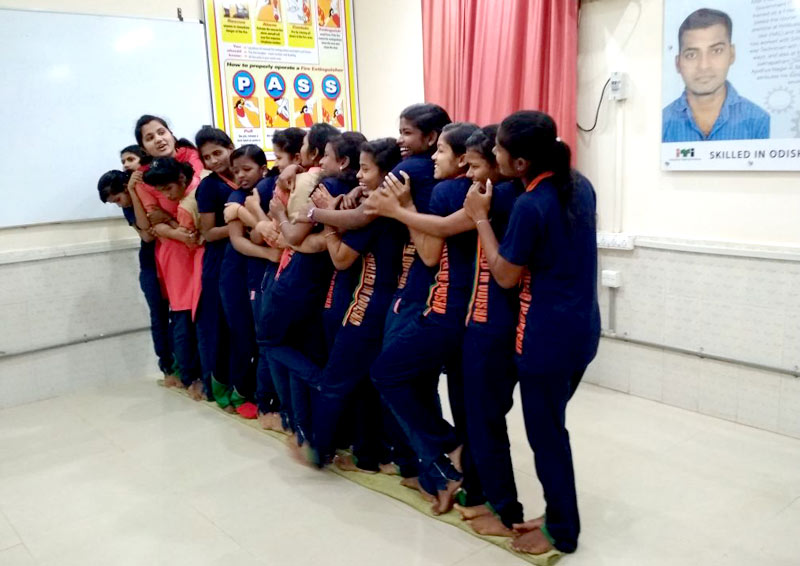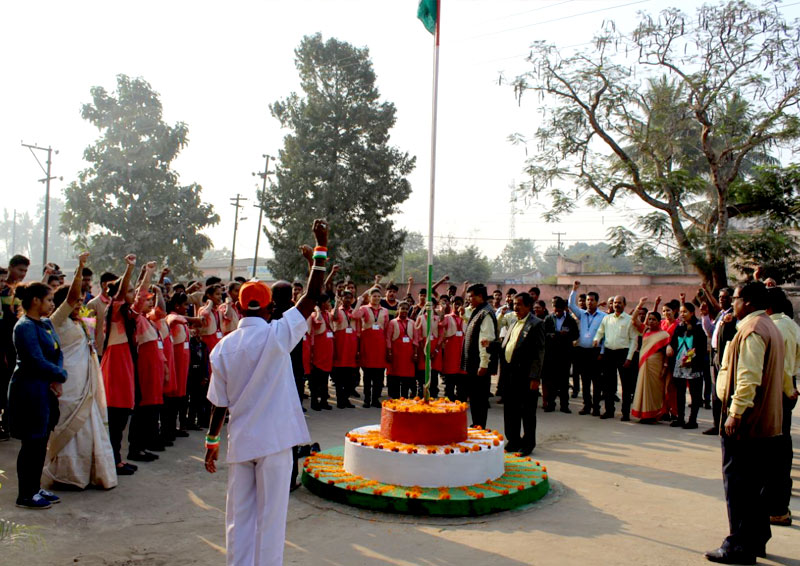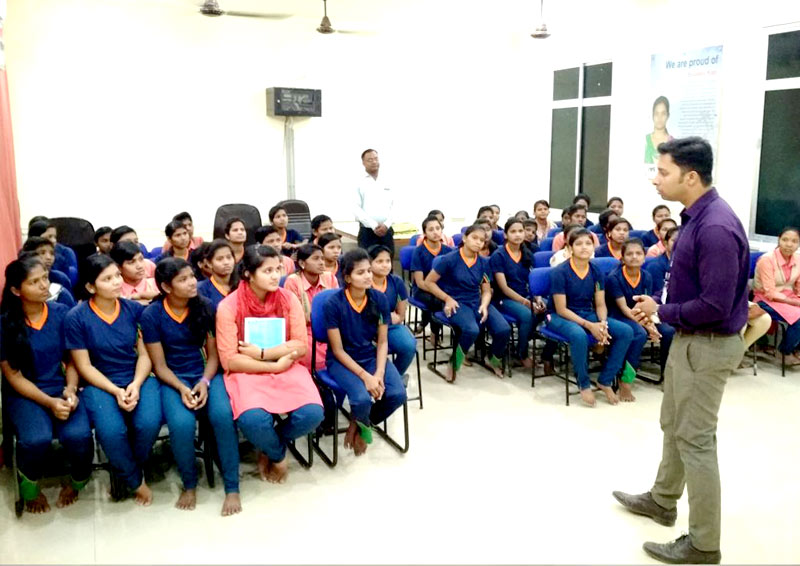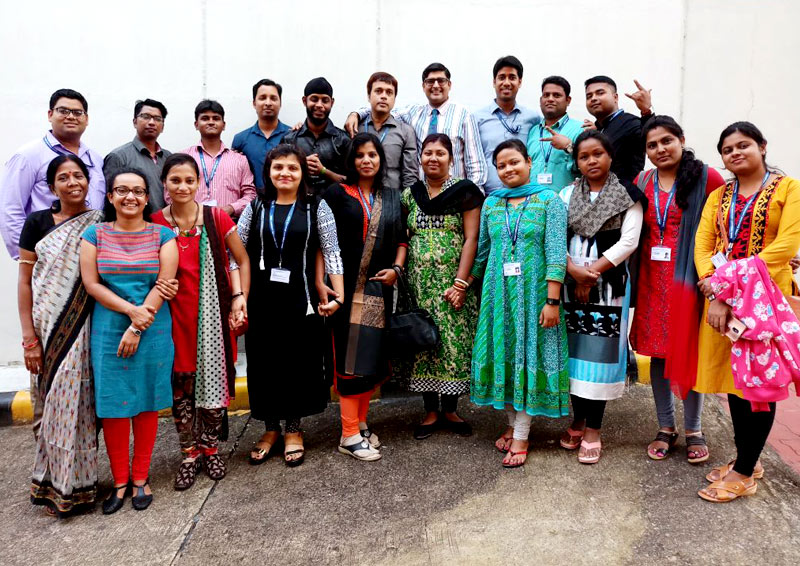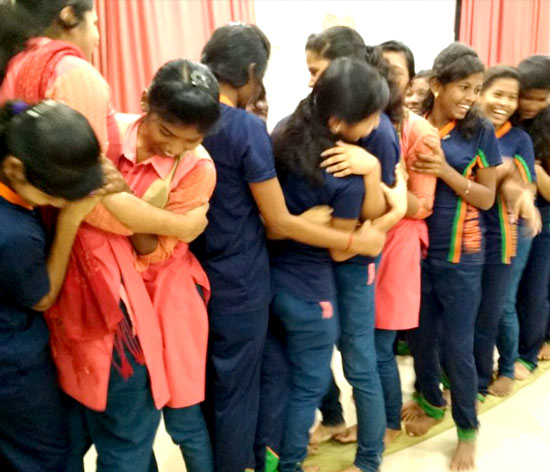
Unemployment has been a perpetual concern for youth in India for a long time now. Envisaging the need to address this, in 1950, the government began setting up Industrial Training Institutes (ITI) to provide vocational training to youth in various trades. With the passage of time, the ITIs began facing challenges in terms of infrastructure, teacher capacity, curriculum, employability, etc. Tata Trusts have undertaken various measures in this regard through ‘Tata STRIVE’, a skill development initiative which addresses the need for skilling youth for employability, entrepreneurship and community enterprise.
Until recently, the employability of ITI pass-out students in Odisha was significantly low. It was noticed that the graduates had good domain knowledge, but lacked employability skills like communication, teamwork, positive attitude, resilience, etc. These are skills that the employers deem important as they equip the employees to carry out their roles better. Identifying the need to address this, the Government of Odisha invested in driving change through ITIs to enhance employability of graduates. This stimulated the launch of the Tata STRIVE, Bagchi Lifeskills Development Programme that brings together the government, industry and an HNI donor.
As part of this programme, trainees are encouraged to develop their soft skills by participating in role plays, making presentations, and teaming up for projects that take them out to the real world. Focus on immersion sessions and behavioural change techniques has assisted the process of inner transformation of the students. Introduction of modules on Safety, Sustainability, Total Quality Management and Design Thinking has made their learning more relevant and in sync with industry expectations. This transformation in ITIs is being led by a cadre of specially trained faculty or 'change leaders'. Partnering with the principals and technical faculty, these leaders are driving better attendance, sensitisation on safety, sustainability thinking and understanding of quality among students.
Dhobe Santa from government ITI in Ambaguda village is a pass-out of this programme. She has received training in DMC [Draughtsman (Civil)] course and is happy about fulfilling her dreams of financially supporting her family. Talking about the programme, she says, "I had always dreamt of succeeding in life by being gainfully employed and supporting my family. I want my brothers and younger sister to pursue higher studies and do well in their respective lives. But I was feeling dejected and demotivated due to my financial situation. With this programme, I was inspired to fight back and do well in life – and ultimately achieve my goals”.
The programme was rolled out in two phases. It was initially implemented in 10 government ITIs and was later extended to another 10 ITIs, all spread across various districts of the state. The Government of Odisha has made considerable investment in upgrading the infrastructure, setting up computers and IT labs, and enhancing the overall look of the institutions. The government also understands that visionary leadership is key to change. Therefore, it has involved principals and key leaders to discuss the future of ITI. Some of them were also sent to Singapore ITE for an exposure visit. This has resulted in the creation of the brand, ‘Skilled in Odisha’.
Through this programme, the Trusts are ensuring that more and more students from underserved communities of the state get the required skills that would help them find better employment opportunities. In the first year of its implementation, over 6,300 ITI students experienced this comprehensive training programme. The total number of students expected to experience it in two years is around 12,000. What started as a life-skills programme has now grown into a change management initiative, with a strong collaborative relationship between all its stakeholders.
